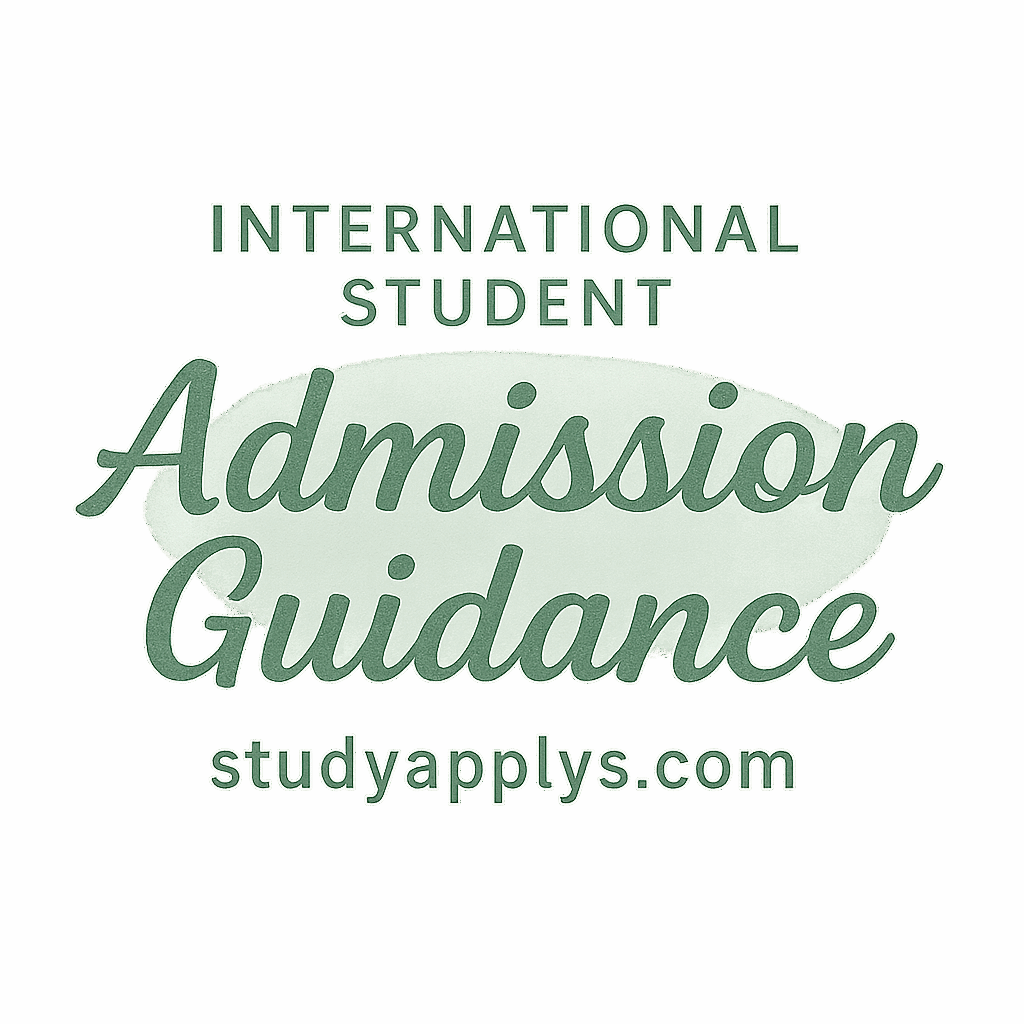Introduction
Visa delays in student admission guidance are more than just a hiccup — they can derail months (or even years) of planning, preparation, and dreams. If you’re an international student staring at your application portal for updates or refreshing your email inbox every five minutes, you’re not alone.
But here’s the good news: while you can’t always control the visa process, you can control how you respond to delays.
In this guide, we’ll explore five powerful ways to handle visa delays in student admission guidance so you stay focused, prepared, and on track. Let’s dive in!
Why Visa Delays Happen in Student Admissions
Visa delays don’t just happen randomly. There are a few usual suspects.
Global Backlogs and Processing Times
In many countries, embassies and consulates are overwhelmed with applications—especially during peak student intake seasons. This can lead to long queues and slow approvals.
Incomplete Documentation
Missing even one document can send your application to the bottom of the pile. Embassies are meticulous, and they expect you to be, too.
👉 See the full checklist on Documentation Requirements.
Interview and Approval Bottlenecks
Some countries require interviews for student visa processing. Lack of available slots, inconsistent responses, or miscommunication can all slow things down.
1. Be Proactive with Your Documentation
Start Early and Stay Organized
Think of your documentation as your passport to studying abroad—literally and figuratively. Start collecting your documents months in advance, not weeks.
Use a Checklist for Requirements
A checklist helps avoid last-minute scrambles. Include passport, university admission letter, bank statements, proof of funds, accommodation details, and more.
🔗 Visit: https://studyapplys.com/application-preparation
Common Mistakes to Avoid
- Submitting expired documents
- Not translating documents correctly
- Not notarizing required certificates
- Forgetting about proof of return or future plans
Internal Links to Support:
- Application Tips
- Credential Evaluation
- Preparation
- Requirements
2. Stay Updated with Your Embassy’s Guidelines
Subscribe to Alerts and Newsletters
Most embassies offer alerts and mailing lists that notify you of visa policy changes, strike closures, or document updates. Don’t miss out—subscribe early.
Contact Visa Officials Strategically
Only reach out when you’ve done your homework. Ask specific, informed questions. Vague emails like “What’s the update on my application?” won’t help.
🔗 Use this for reference: https://studyapplys.com/visa-immigration
Tag links:
- Visa Process
- Immigration
3. Leverage Support from University and Guidance Counselors
Request Letters of Support
Universities can often provide a letter requesting expedition of your visa due to academic start dates. This carries more weight than student-submitted requests.
Ask for Admission Deferrals If Necessary
If you realize your visa won’t arrive in time, communicate with your institution about deferring admission to the next intake. Most schools are understanding.
Helpful Resources for Post-Admission Steps
Be sure to complete every step your school requires while your visa is pending, such as housing deposits, health insurance, or online orientation.

🔗 Explore:
- Post-Admission Steps
- https://studyapplys.com/tag/post-admission
- Student Admission Guidance
- Guide
4. Prepare for Alternative Scenarios
Consider Hybrid or Online Options
Many universities now offer hybrid learning, especially for international students facing delays. Don’t assume your only option is to miss the entire semester.
Shift to a Different Intake Season
If online isn’t viable, talk to your admissions team about joining the spring or summer intake instead of fall.
Communicate Clearly with Your Institution
Don’t wait until the last minute. Schools appreciate students who are upfront about potential delays and are more willing to help.
🔗 Related support:
- https://studyapplys.com
- Guidance
- Steps
5. Use Time Wisely While Waiting
Prepare for Language Tests and Mock Interviews
Use this time to retake your IELTS, TOEFL, or any other required test for better scores. Also, schedule a mock visa interview.
🔗 Helpful resources:
- Language Test Prep
- Mock Interview
- Test
Get Your Finances and Living Plans in Order
Book temporary housing, arrange student bank accounts, or research student jobs. These steps matter and will make your transition smoother when your visa is approved.
Stay Positive and Productive
Keep your eyes on the prize. Use the time to build soft skills, learn the local culture, or even start packing your bags (just in case!).
How Professionals Can Help with Visa Delays
Guidance Agencies Make a Difference
Professional counselors and study abroad consultants can spot errors, prepare your application thoroughly, and contact embassies on your behalf.
🔗 Visit: https://studyapplys.com/tag/advice
Access to Insider Advice
Professionals have insight into country-specific processing timelines, success strategies, and updated immigration rules that you might not find easily online.
Conclusion
Visa delays in student admission guidance can be overwhelming—but they’re not unbeatable. The key is staying informed, being proactive, and knowing your alternatives. From organizing documents to staying positive while you wait, these strategies can help turn a frustrating situation into a manageable one.
And remember: thousands of students face this every year and still go on to fulfill their dreams. You’re not alone, and with the right tools (and a little patience), you’ll be boarding that plane in no time.
FAQs
1. What should I do first if my visa is delayed?
Start by contacting your university and embassy. Then check for missing documents or updates in embassy guidelines.
2. Can I still attend classes if my visa isn’t approved in time?
Many universities offer hybrid options or deferred intakes. Always check with your admissions officer.
3. How can I prepare for a visa interview while waiting?
Use this time to rehearse with a counselor or through mock interview prep.
4. Is it safe to book flights before the visa is approved?
It’s risky. Wait until your visa is confirmed or choose refundable ticket options.
5. What documents are most often missed in visa applications?
Proof of funds, return plans, and improperly translated documents are commonly missed.
6. How long should I wait before contacting the embassy again?
Give at least 10–15 business days before following up—unless it’s an emergency.
7. Can professionals help speed up my student visa process?
Yes, guidance agencies often know how to escalate or fix issues quickly. Check out https://studyapplys.com for help.

